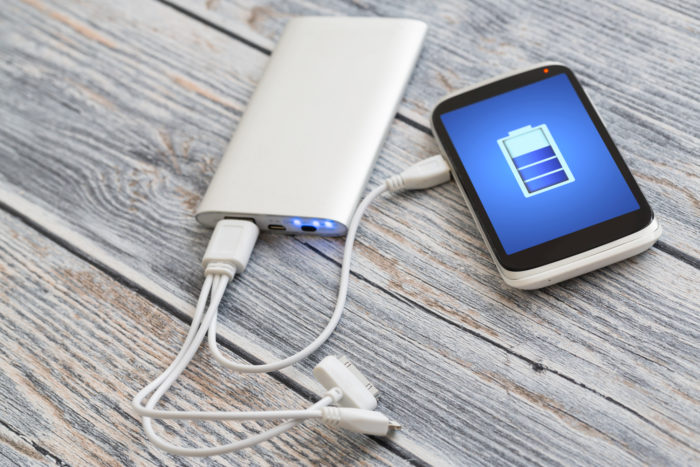 According to a new class action lawsuit, the GETIHU power bank product does not come with the promised capacity.
According to a new class action lawsuit, the GETIHU power bank product does not come with the promised capacity.
The New York man who filed the GETIHU class action lawsuit says the device he purchased from a California company called Topstar Technology promised power and battery capacity of 10,000mAh.
However, upon further testing plaintiff Daniel Mazzone says it became clear that the device did not have the promised power capability.
The testing mentioned in the GETIHU class action lawsuit explains that the device only reads at 5,498mAh. The GETIHU class action lawsuit argues that the company misrepresented the qualities of the product in order to encourage consumers to make a purchase.
“The most important factor for consumers in choosing a Power Bank is its capacity, which is measured in milliampere-hours, or ‘mAh.’ The higher the mAh, the greater the number of times a Power Bank can be used to recharge PEDs before the Power Bank itself must be recharged,” Mazzone explains in the power bank class action lawsuit.
“Consumers thus have a strong preference for, and pay more for, Power Banks with a higher mAh. Accordingly, for most Power Banks, the mAh rating is featured prominently in the product’s advertising.”
The plaintiff in the GETIHU class action lawsuit says that he made the power bank purchase from Amazon in May 2017.
As argued in the GETIHU class action lawsuit, the representation about the device’s capabilities was included on the online listing. The plaintiff says he relied on that information to make a final purchase decision.
Consumers rely on labels and product listings to make an informed decision about what they buy, especially for online purchases.
As the plaintiff in the GETIHU class action lawsuit argues, the makers of this device engaged in false advertising since any reasonable consumer would believe they were receiving a device with the promised 10,000mAh.
The plaintiff in the GETIHU class action lawsuit says that a class action is the right venue for the management of this lawsuit since it’s likely that many other consumers were similarly defrauded based on the device claims.
The GETIHU class action lawsuit seeks a trial by jury and aims for judgment against the defendants for these allegedly wrongful acts, certification as a class action, monetary and statutory damages, attorneys’ fees, restitution, and any further relief as deemed appropriate by the court.
The power bank class action claim against Topstar Technology says the company is engaging in fraudulent representation that is harming consumers since the buyers don’t have all the information to make an informed decision about their purchase.
When consumers find that claims and marketing is inaccurate regarding a product, this empowers them to pursue legal action under state or federal laws over false advertising.
The plaintiff and proposed Class in the GETIHU class action lawsuit are represented by D. Greg Blankinship and Jean Sedlak of Finkelstein Blankinship Frei-Pearson & Garber LLP and Laurence D. King and Mario M. Choi of Kaplan Fox & Kilsheimer LLP.
The GETIHU Power Bank Class Action Lawsuit is Daniel Mazzone, et al. v. Topstar Technology LLC, Case No. 5:18-cv-06989, in the U.S. District Court for the Northern District of California.
ATTORNEY ADVERTISING
Top Class Actions is a Proud Member of the American Bar Association
LEGAL INFORMATION IS NOT LEGAL ADVICE
Top Class Actions Legal Statement
©2008 – 2026 Top Class Actions® LLC
Various Trademarks held by their respective owners
This website is not intended for viewing or usage by European Union citizens.

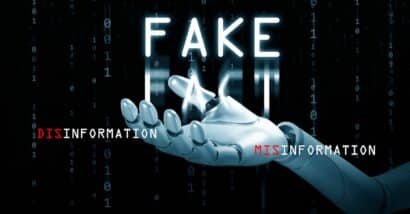

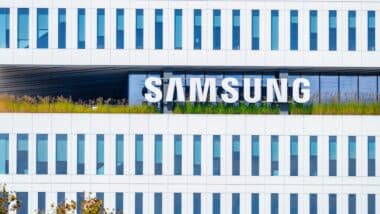

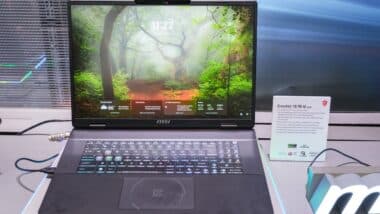

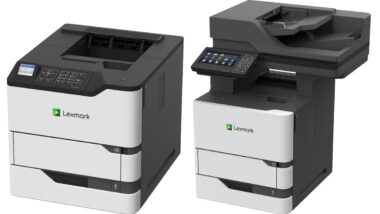
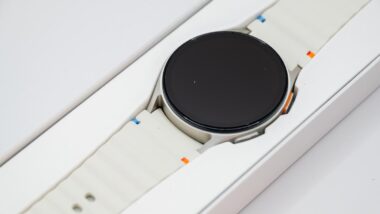
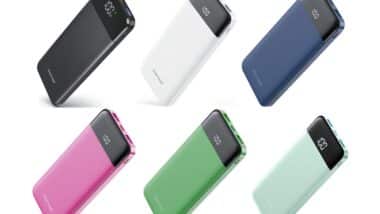
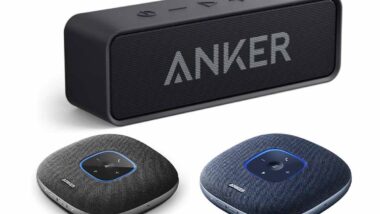

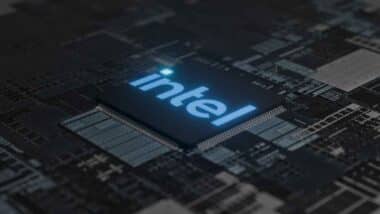
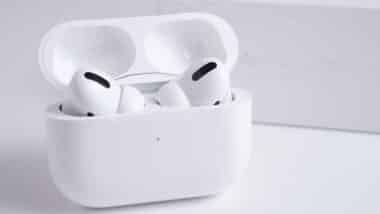

6 thoughts onGETIHU Class Action Says Power Bank Charging Capacity Falls Short
Add me
Please add me
Please add me
Add me
Add plz
Add me please